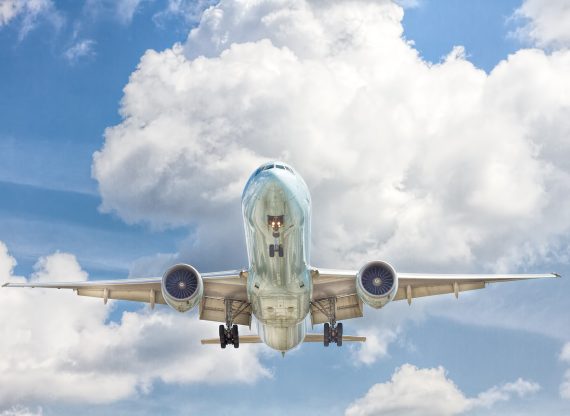To survive, Canada’s airlines need grants, not loans

The federal government has finally approved Air Canada’s $190-million purchase of Transat A.T. While this is certainly the right decision, it remains to be seen whether or not it will weigh down Canada’s largest carrier at a time when the company has been suffering steep losses, first from the pandemic, then from aggressive government travel restrictions far exceeding international best practice. If the government is serious about enabling Canadian airlines to thrive, or even just survive, it must reverse course.
On Feb. 3, in the wake of Prime Minister Justin Trudeau’s suspension of all Canadian flights to the Caribbean and Mexico, Air Canada’s low-cost carrier Rouge suspended all operations and laid off staff after its final flight. Meanwhile, American carriers continue to offer such flights, connecting through the U.S.
Just two days earlier, the Trudeau government announced it will be making a $375-million Large Employer Emergency Financing Facility (LEEFF) loan to Sunwing Vacations and Sunwing Airlines, travel companies hit hard first by COVID‑19 and now by these effective bans on overseas vacations.
The Sunwing loans are important because they may serve as templates for future loans to Air Canada, Air Transat or WestJet. Under the terms of the Sunwing deal, the money will be a loan, not a grant. And it comes with numerous strings attached, including reasonable limits on executive pay or share buybacks, but also a requirement that Sunwing segregate money already received for cancelled trips so the government can decide down the road how to mandate refunds.
The segregation mandate and the fact that these are loans rather than grants, risk turning Sunwing into a “walking dead” company with little hope of coming back after the crisis. To the extent that this deal does serve as a precedent for Air Canada and others, we risk converting Canada’s entire airline industry into a shell of its former self. Moreover, given that government travel mandates actually precipitated the current existential crisis for airlines, there is a strong moral case for grants instead of loans. Thousands of small businesses and millions of individual Canadians have been receiving government grants, and rightly so, partly on the logic that if the government closes down your business or your job, it’s only fair for the government to compensate you for the harm. Not lend, but compensate.
Within legal circles, this debate has gone on for decades under the rubric of “regulatory takings.” A “taking” is when government seizes something of value, typically to help it achieve some policy goal. So if the government decides your doughnut shop can’t sell coffee, it needs to compensate you for that lost business. Just as it would have to compensate you for taking half your backyard to widen a road. It is irrelevant, morally, whether the road or the travel ban was justified — the principle stands that victims of policies should be compensated.
It is very easy to neglect airlines, of course. They seem big and able to handle a crisis. But the fact is that airlines worldwide operate on extremely thin margins. From 2015 to 2019, according to IATA, they averaged just 4.3 per cent. With an average domestic ticket price of $176.60 in 2019, this would imply roughly $7.50 in profit per domestic flight in Canada. Airlines simply do not have the reserves they need to survive harsh mandates with almost zero notice or time to prepare.
If Canadians are to continue enjoying convenient airline connections for what is, after all, one of the largest countries on Earth, it not only is fair to compensate airlines for policy mandates, it is critical for the health and well-being of Canadian society. This is true whether we live in major cities with excellent flight options (today and in the future, too, we hope) or in remote communities for which Canada’s airlines are literally a lifeline.
Michel Kelly-Gagnon is President and CEO of the MEI, Peter St. Onge is Senior Fellow at the MEI. The views reflected in this op-ed are their own.

